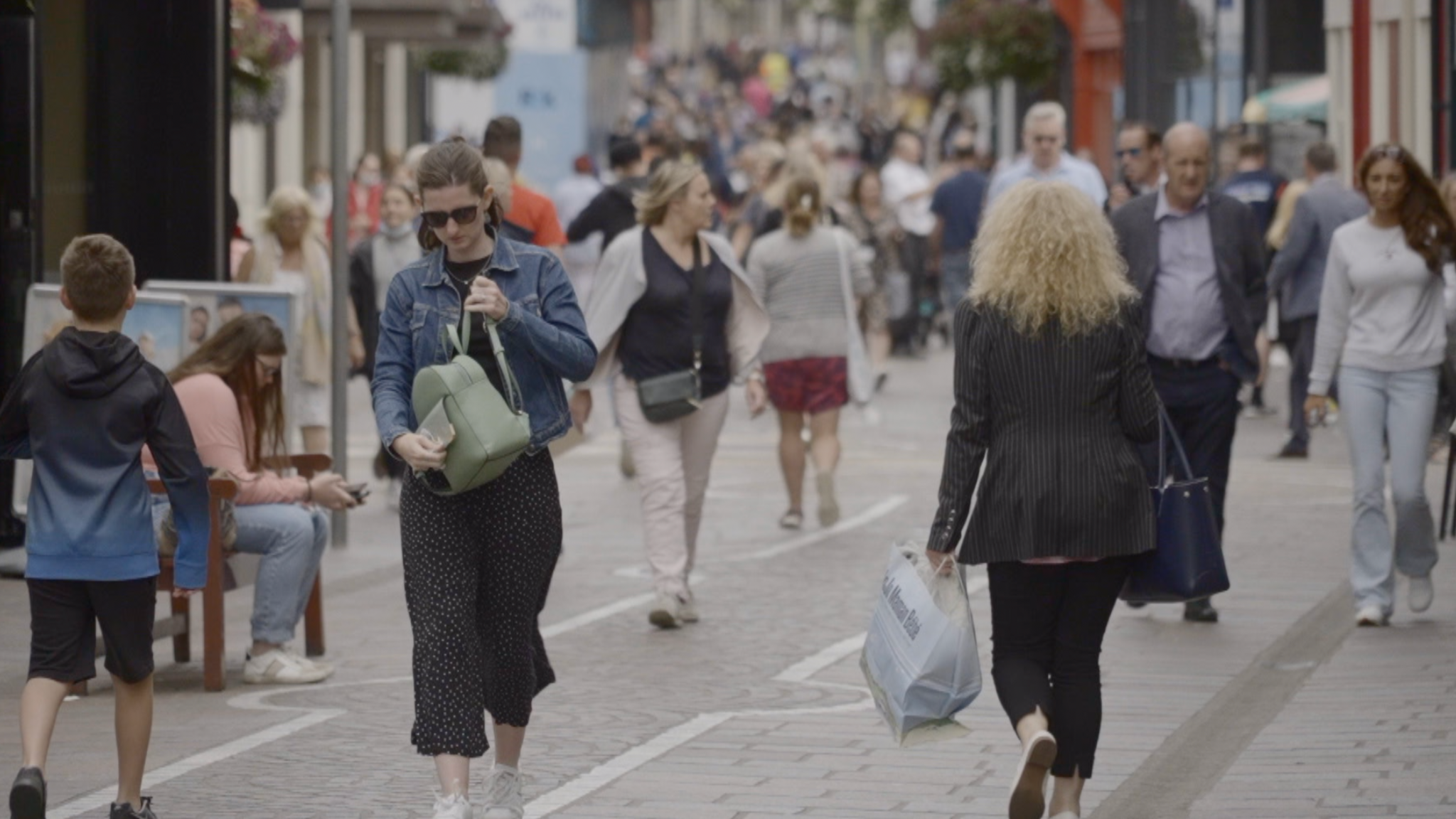Housing is biggest issue in Jersey, says migrant
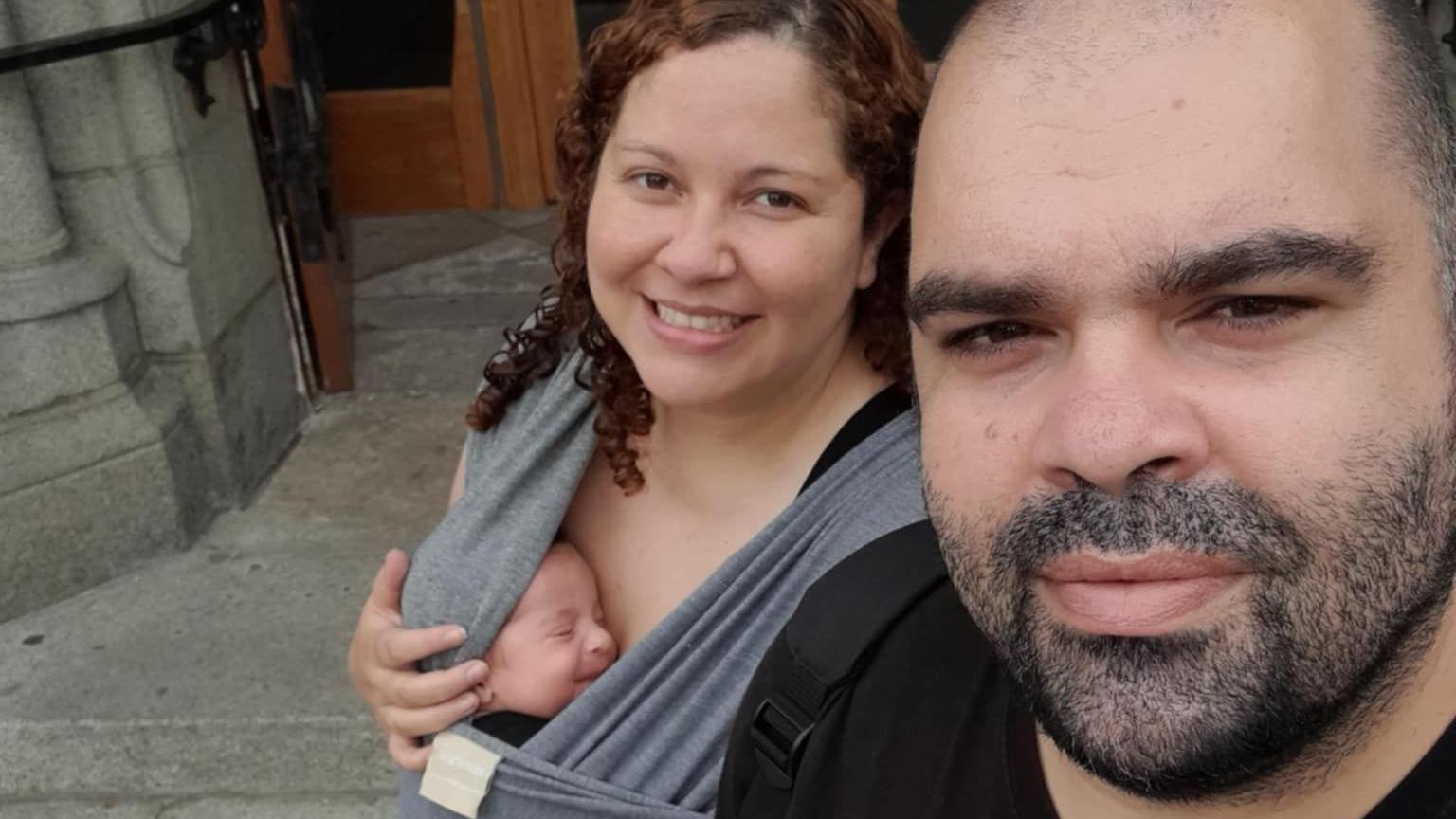
The young family thought better accommodation would be available
- Published
A woman who moved to Jersey with her husband in search of a "better life" said she did not know housing was going to be such an issue.
Brazilian Lecticia Durao, 36, moved to the island in 2019 after her husband settled there from Madeira.
He had a job as a chef and the couple thought Jersey would be a "more financially viable" place to live.
But five years on, Mrs Durao feels the island's housing rules, which are aimed at controlling the population, have left them struggling.
All Jersey residents fall into one of four categories that defines their residential and employment status, determining the kind of accommodation people can live in and the jobs they can do.
Those like Mrs Durao and her husband who move from overseas to work in hospitality, are among those faced with the highest level of restrictions.
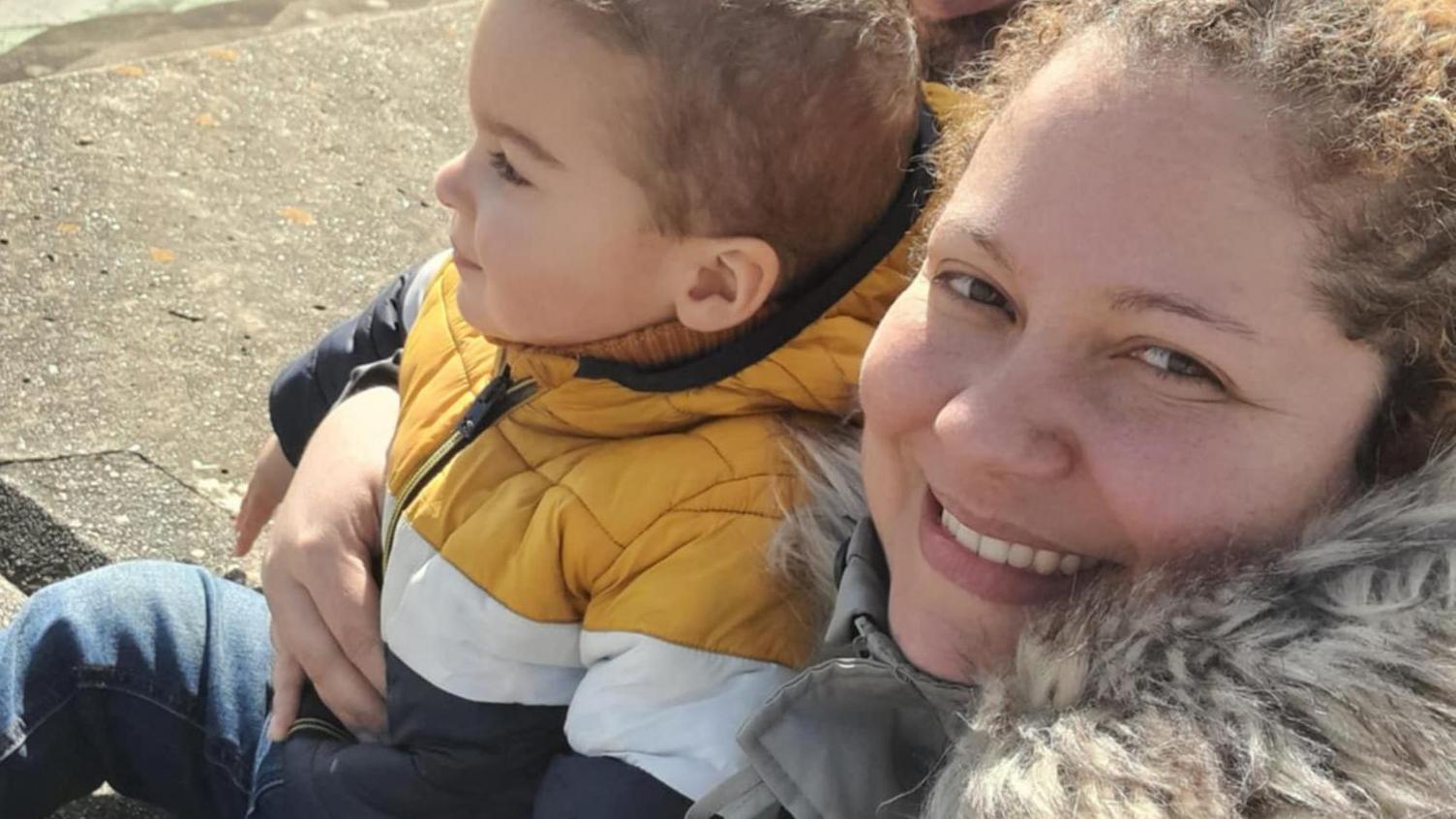
Lecticia Durao said life was financially hard as a migrant in Jersey
Moving to the island meant the couple had registered status, which means they were permitted to rent only a small selection of accommodation and choose from a limited number of jobs.
The hospitality workers and their young son are currently renting a small one-bedroom flat, which they say they struggle to afford.
Mrs Durao said: "I didn’t expect it to be so hard, especially after we had our son, to find a flat that we could afford and that we could have a comfortable and decent space for the three of us."
She said both she and her husband had suffered from mental health issues due to "the overload in our lives".
This year they were given entitled to work status as they had lived in the island for five years - this means they can work anywhere but does not change which properties they can rent.
The couple said they pay about £1,000 per month, which is discounted due to their work, and they expected rent would double if they moved to a two-bed flat.
Mrs Durao said in October they tried to apply for social income support, but the government "requested so much paperwork that we gave up".
Typically people need to have been living in Jersey continuously for five years before they can claim Income Support, though healthcare benefits are available after six months in the island.
'Soaring renting costs'
But as industries struggle to find staff and concerns grow over inequality, calls have been made for the system to be reviewed.
Charity Caritas said it was concerned the number of foodbank users had doubled in two years amid "soaring renting costs" coupled with the high cost of living.
Chief executive Patrick Lynch said: "All the costs are against them just to be here, as well as that, with tough working conditions... Some people give up, effectively.
"I think it is discriminatory and it doesn't look at the dignity of each individual."
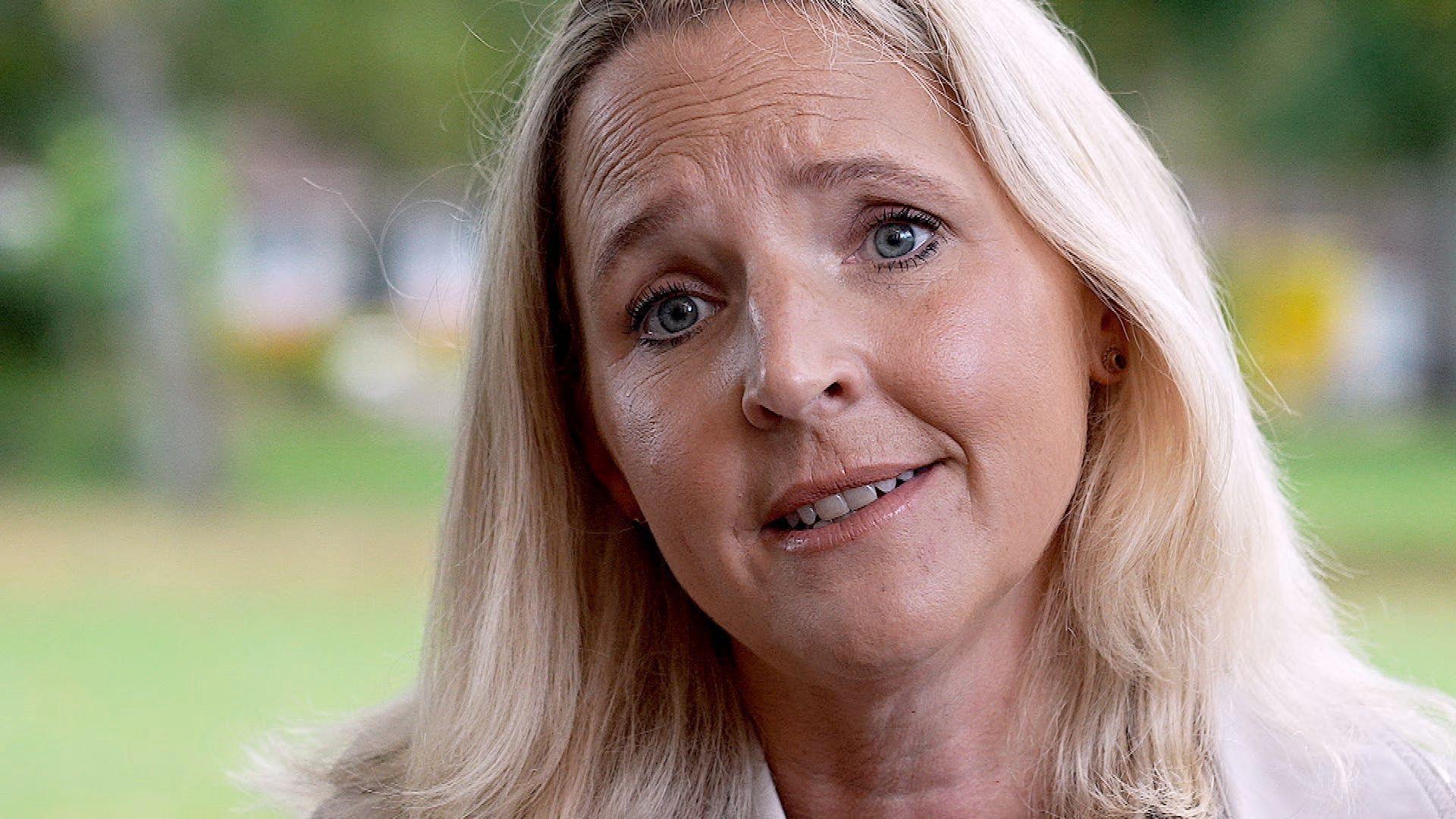
Kate Wright, CEO of Free From Domestic Abuse, called for change
Domestic Abuse charity Free From Domestic Abuse also raised concerns about the system.
Kate Wright, CEO, said the vast majority of women needing to access their safe home were those with less than five years' residency who faced a "lack of rights".
"That lack of support... effectively renders them as second-class citizens... it makes them very vulnerable," she said.
For people who are eligible to buy property, there are also challenges, with the average Jersey house price at more than £581,000.
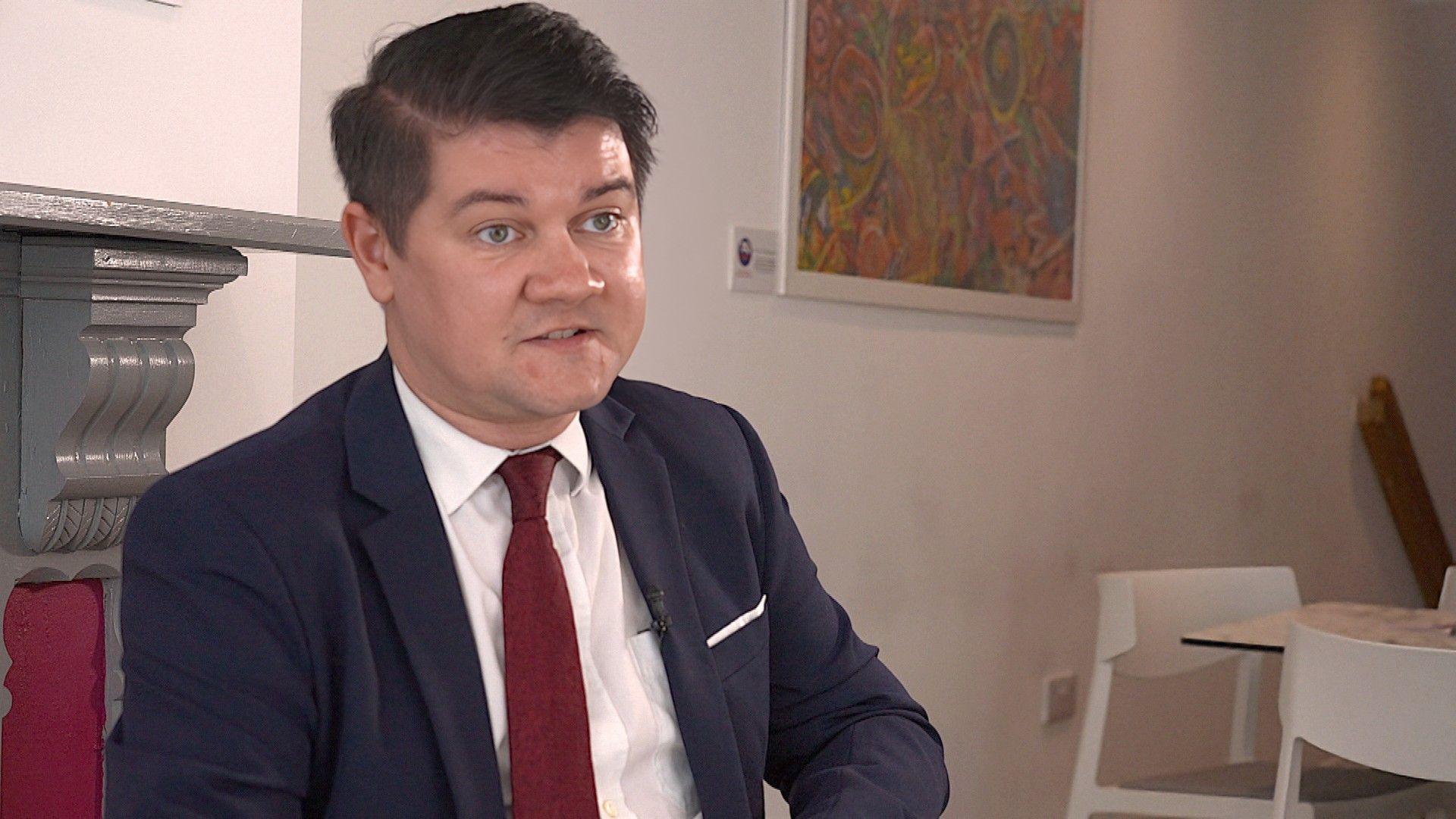
Sam Mezec, Jersey's Housing Minister, said the system needed to change
Former Assistant Chief Minister Rowland Huelin said the control of housing and work was seen as important to protect the island from "potential mass immigration".
But he has called for the system to be reviewed.
Huelin said: "What I would like to see happen is a total of a review of the control on housing and work law."
He asked: "What is best for Jersey's economy going forward and the people that are here already?"
Sam Mezec, Jersey's Housing Minister, also said reform was needed.
"It's right that every now and then we take a look at that system and say 'can this be tweaked to be made more effective?', rather than just sticking with rules that haven't really ever done what they were meant to do," he said.
Once Mrs Durao and her husband have lived in Jersey for 10 years, they will earn entitled status, meaning they would be free to live where they choose.
"We are in a hard moment right now," Mrs Durao said, adding it felt "almost impossible" to dream of a better future.
Follow BBC Jersey on X, external and Facebook, external. Send your story ideas to channel.islands@bbc.co.uk, external.
Related topics
- Published16 December 2024
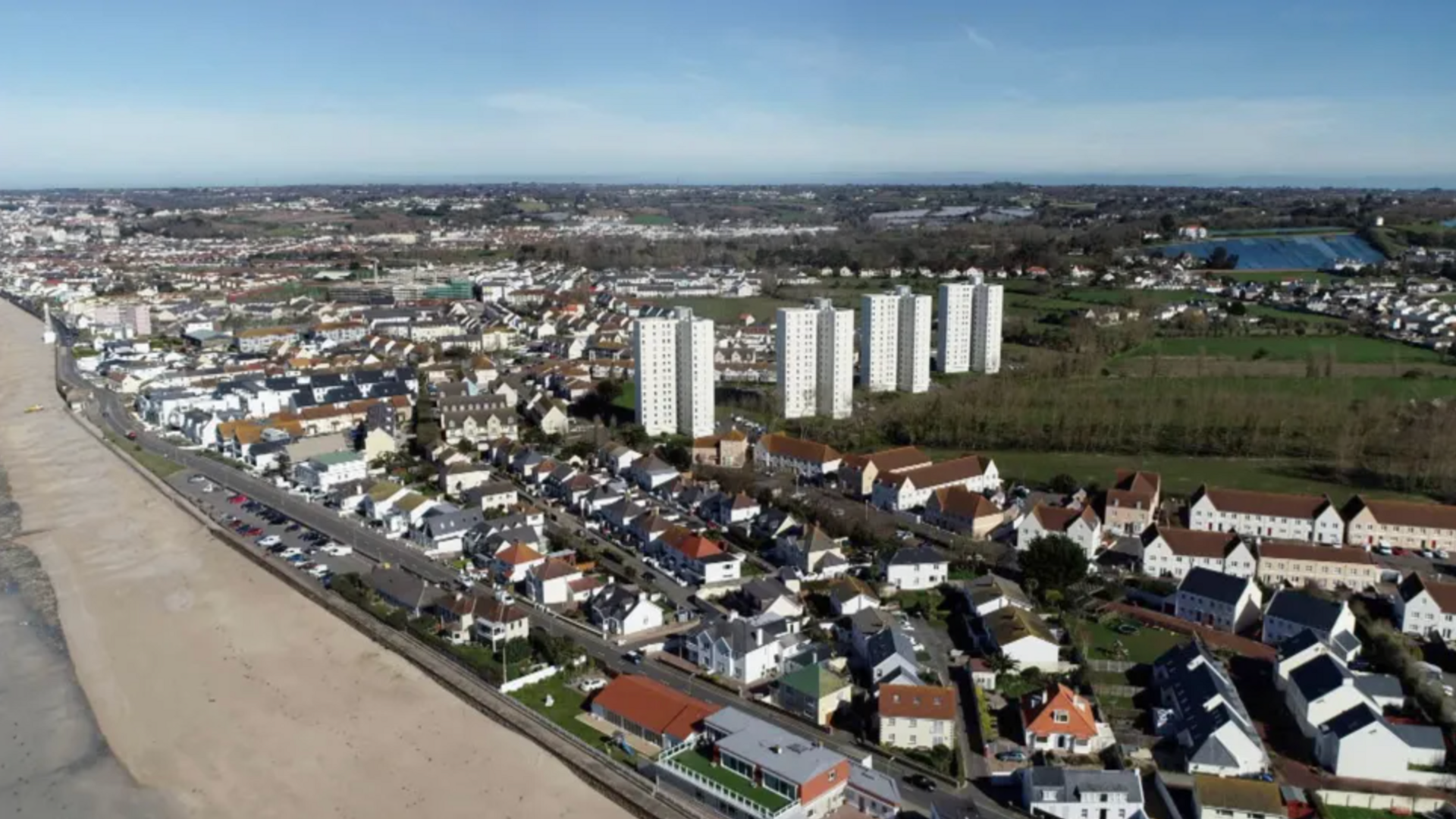
- Published25 September 2024
